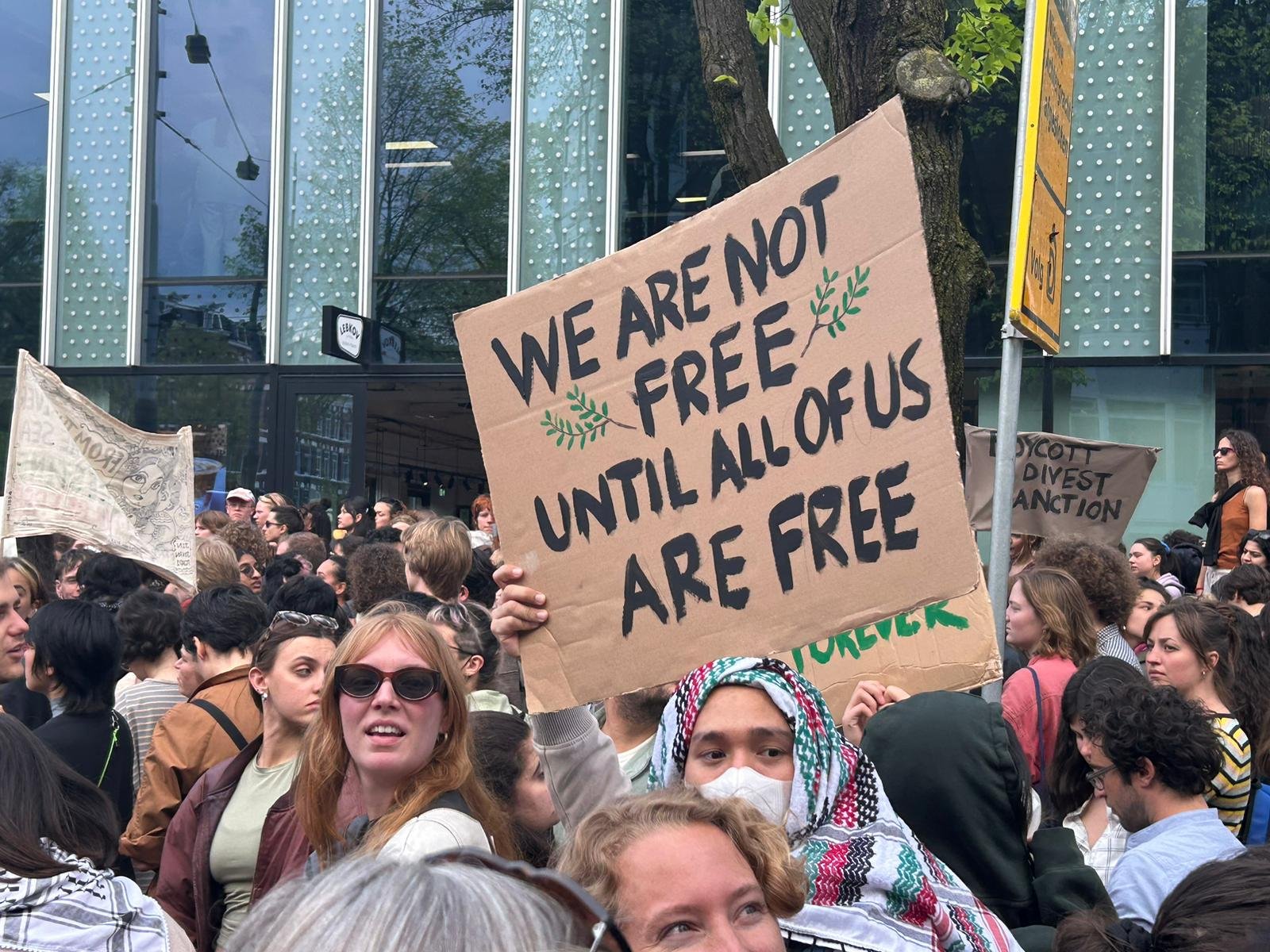New academic year starts amid major challenges for universities

The new academic year starts on Monday with traditional speeches and parades, but the higher education sector is facing several major dilemmas that are likely to dominate in the coming months, the Volkskrant said in an analysis.
Dutch universities, the paper said, face
three big issues: major spending cuts, fewer international
students and English courses, and increasing polarisation on
campus.
The new cabinet plans to cut €1 billion from education and research and more details are set to be published on September 17. Caspar van den Berg, chairman of the Dutch universities association UNL, told the paper the impact on universities, on staff morale and research will be considerable and could mean some 5,000 jobs disappearing.
“These spending cuts hit the future of our youngsters, economic prosperity and our international position when it comes to research,” he said. “And this is what we have told the ministry.”
International students
The new government also aims to reduce the number of international students and unnecessary English language degree courses although parliament still has to vote on the legislation drawn up by the previous administration.
“We expect a number of courses will not pass the tough new
conditions and will go,” Van den Berg said.
The measures are budgeted to save €293 million in spending but the figure remains very unclear. After all, Van den Berg pointed out, it is odd to come up with a figure for savings when the courses themselves have not yet been assessed.
Polarisation, boosted by the conflict in Gaza, is a further issue, and student protests in Amsterdam and other cities have also hit the headlines. In addition, some student associations are known to have links to far-right groups.
Annelien Bredenoord, chairwoman of the board at Erasmus Universiteit in Rotterdam, told the Volkskrant that institutions are facing complicated moral dilemmas.
“How do you combine political developments, the emotions surrounding international conflicts and ideological opposites with the academic freedom that we put first?” she said. “We are now looking at our own institutes’ links to countries where human rights are infringed upon, and which we don’t necessarily want to work with.”
Thank you for donating to DutchNewsToday.
We could not provide the Dutch News Today service, and keep it free of charge, without the generous support of our readers. Your donations allow us to report on issues you tell us matter, and provide you with a summary of the most important Dutch News Today each day.
Make a donation